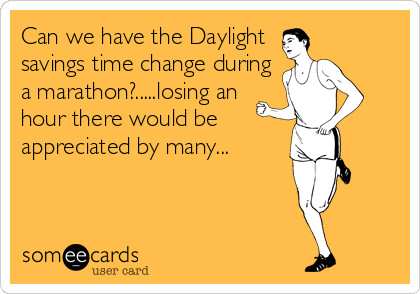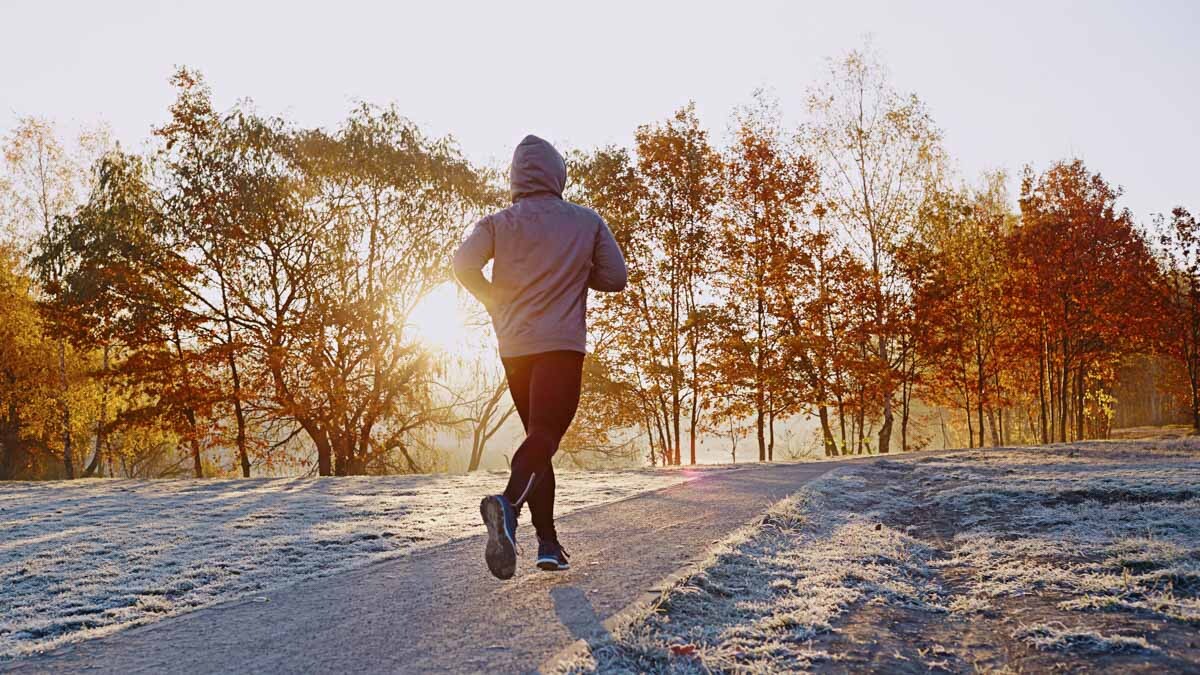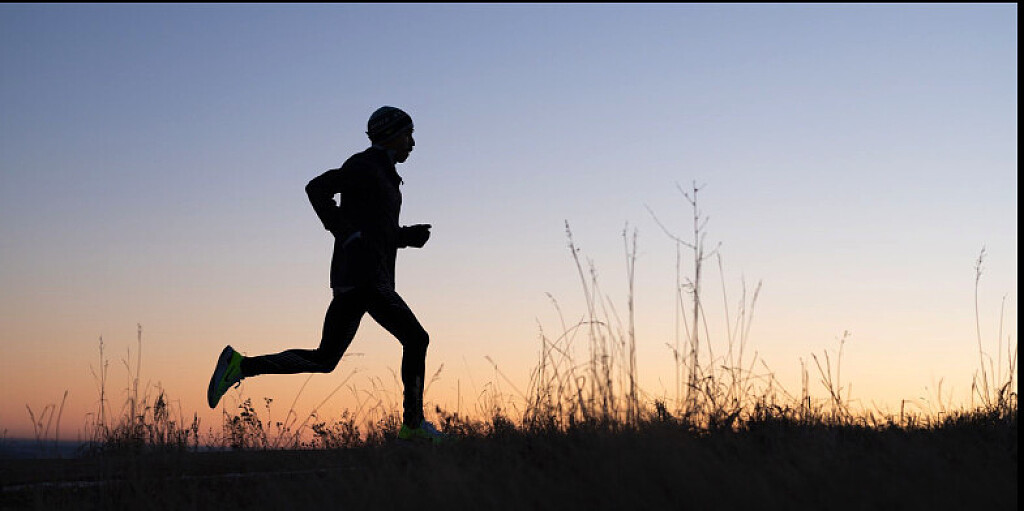Running News Daily
Running News Daily is edited by Bob Anderson. Send your news items to bob@mybestruns.com Advertising opportunities available. Train the Kenyan Way at KATA Kenya and Portugal owned and operated by Bob Anderson. Be sure to catch our movie A Long Run the movie KATA Running Camps and KATA Potato Farms - 31 now open in Kenya! https://kata.ke/
Index to Daily Posts · Sign Up For Updates · Run The World Feed
Daylight Saving Time Started on Sunday, and It May Negatively Impact Your Health
American Academy of Sleep Medicine indicates that Daylight Saving Time has negative effects on your health and wellbeing.
Sleep experts cite that Daylight Saving Time may increase cardiovascular events, hospital admissions, and mood disturbances research shows.


Daylight Saving Time starts on March 13, 2022, at 2 a.m. for most of the country. The clocks move forward one hour.
Depending on who you ask, you’re likely to get a different opinion on Daylight Saving Time (DST). It’s a topic heated enough for ongoing debate in Congress.
Maybe you’re of the camp who loves when the days get longer and lighter. After all, squeezing in that after-work run is easier with an extra hour of light, and the longer daylight may give you a little more motivation to get some things done at the end of the day. Maybe you even notice your mood is better with the added light.
But not all that glitters is gold, not even the late afternoon sun shining brightly.
Unfortunately, if you’re a morning runner, or trying to do anything in the early hours post DST, you may find yourself dragging your heels to get out of bed with the time change—because that morning light is gone along with your extra hour of sleep. Your body may also be paying the price if you lace up at the end of the day. According to the experts at the Cleveland Clinic, endurance athletes (runners and cyclists, that’s you) pay the biggest price when it comes to reduced sleep. Along with feeling extra tired from a lost hour of sleep, sleep experts say that this causes a drop in overall motivation. And you know you need that when deciding whether to turn around or keep going those extra three miles on your training plan.
The position of the clocks is enough of a major concern that The American Academy of Sleep Medicine (AASM) published a statement in the Journal of Clinical Sleep Medicine saying that DST is potentially harmful to your health and wellbeing—and that the U.S. should eliminate seasonal time changes. AASM notes that DST is less aligned with your natural circadian biology, and cites evidence that the body may not adjust to DST for several months.
One of the most significant points the AASM points to is preliminary studies that identify a reduction in the rate of cardiovascular events when the clocks are pushed back to standard time in the fall. This may suggest there are underlying chronic stresses and effects on the body from prolonged DST. In other words, even long after you don’t feel tired from the switch to DST, your body may still be compensating.
So why is pushing the clock ahead one hour so harmful for your health? Here’s what a sleep expert has to say.
Your changing circadian rhythms
Your circadian rhythm is your body’s internal clock, and light is the most important adjuster that you have. Changes in the light take about a week for the body to get into a satisfactory rhythm again, says Steven Zorn, M.D., of the Iowa Sleep Center and board certified in sleep and pulmonary medicine and fellow of the American Academy Sleep Medicine.
Essentially what happens during DST is you end up staying active later-because of the extra daylight—as we’re basically moving the light from the morning to the evening, and may be sacrificing our normal sleep schedule and further quality of sleep, he says. “The most important thing is to have one time and keep it,” Zorn says. Unfortunately for Americans this debate of what time it should be hasn’t yet been solved.
How to adjust to DST
First, Zorn says it will take about a week, or even two, for your body to feel normal.
Zorn cautions the days following DST won’t be the best for optimal performance. During that time period, remember your coordination and concentration isn’t as good and you're likely to be more irritable and forgetful, he adds. So be patient with yourself. (The AASM recommends seven or more hours of sleep each night.)
If you notice you’re feeling super groggy, reduce your running time, but still try to get outside and keep a regular schedule. “When you have a regular sleep schedule your body knows when it’s supposed to turn off and turn on, and your sleep efficiency is much better. You just feel better,” Zorn says.
So even though those longer spring evenings are on the horizon, don’t be tempted to burn the midnight oil too long.
by Runner’s World
Login to leave a comment




